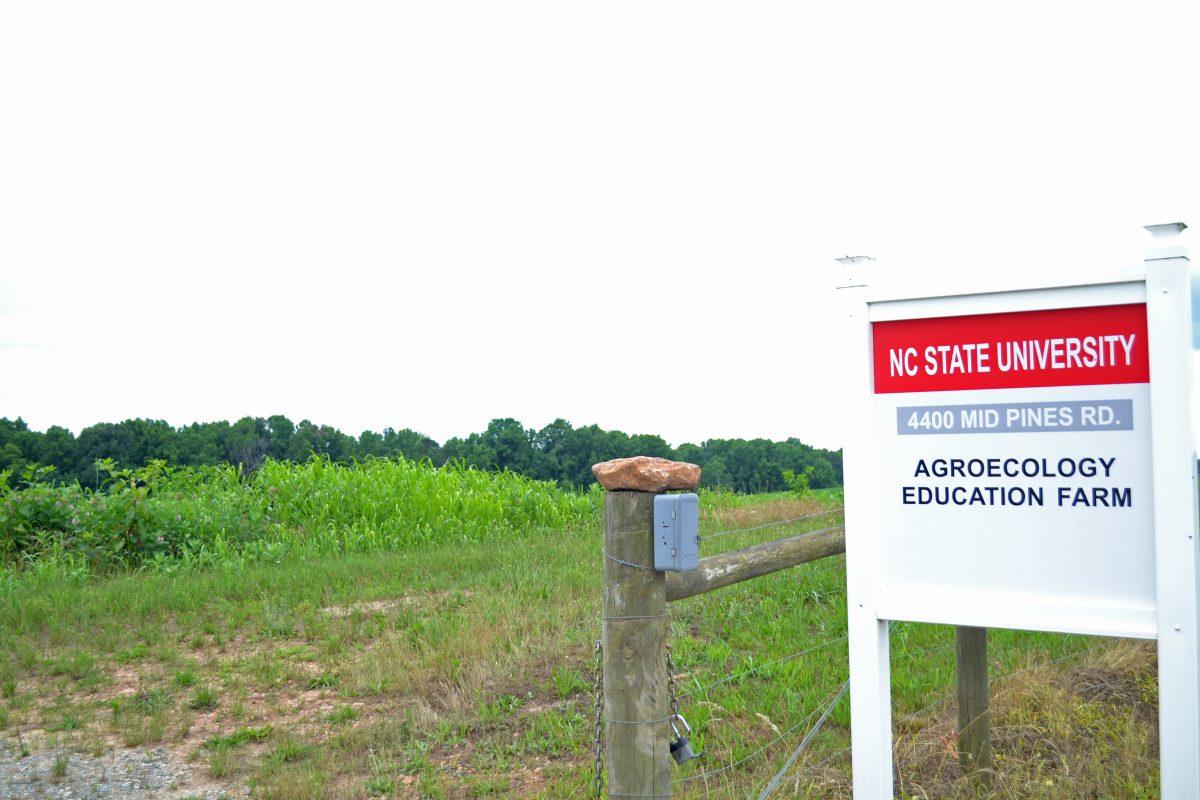Three NC State researchers from a variety of disciplines joined forces to create a dialogue and progress towards solutions regarding the issue of increasing resistance to pesticides.
Fred Gould, William Neal Reynolds Professor of Agriculture at NC State and one of the authors of the article, said that this was not a typical study. It focused on realistic and feasible approaches to combating pesticide resistance, such as finding available tools that would be effective and suggesting larger-scale studies.
“Now this was not a study in the sense of a research study, it was a review of what we have now,” Gould said. “So, it reviewed what we know and then it made suggestions for what we need to do to make it harder for the pests, the weeds, to evolve resistance. So, how can we increase the sustainable use of herbicides and insecticides?”
Pesticide resistance is an issue many researchers and farmers have been dealing with for generations. While the approaches are becoming more innovative with developments like genetically modified organisms, the researchers wanted to understand the issue more thoroughly. To do so, they suggest that policymakers provide resources for large studies of untested or barely-tested approaches.
“We came a [long way] with chemicals,” Gould said. “Chemicals are not different than other control mechanisms, they put pressure on those few pests that have genes that enable them to survive. In 1914, the first case of resistance to an insecticide was noticed and we’ve been dealing with it ever since. The question is ‘Are we going to run out of new approaches coming up with realistic, inexpensive insecticides?’”
Jennifer Kuzma, Goodnight-NC GSK Foundation distinguished professor at NC State, was another researcher in the study. Kuzma discussed how the variety of disciplinary backgrounds of the lead researchers (Kuzma from the School of Public and International Affairs, Gould from the Department of Entomology and Plant Pathology and Zachary Brown from the Department of Agriculture and Resource Economics) was paramount to a successful investigation of such a large problem as pesticide resistance.
“I think students are demanding more holistic approaches in their education, and I think it’s more interesting to students to look at real problems in society and how the different disciplines can all come together in order to study those problems,” Kuzma said. “I think students and faculty are demanding these more interesting interdisciplinary approaches, and in the workforce employers are demanding them more as well. They want people to think and creatively solve problems from a variety of perspectives.”
Kuzma emphasized that pesticide use has pervasive consequences; the effects can ripple, impacting multiple communities and disciplines.
“Pesticide use affects all parts of society,” Kuzma said. “It affects the environment, it affects human health and animal health, so it’s a problem that a lot of people care about. They tend to avoid pesticides in their food and [buy] organic.” Kuzma noted, however, the necessity of such chemicals. “Pesticides are needed in order to produce enough food to feed growing populations”.
Gould said that one of the purposes of the study was to spark larger conversation about possible solutions to increasing pesticide resistance. The researchers also noted that political and cultural viewpoints would play a large role in implementing new strategies.
The authors of the study said that the farming practices of each individual farmer must be taken into account. A major proposal in the study, though, pertains to the state and federal policymakers. The professors said that these folks should work to make large-scale testing economically viable.
“We did this in some ways to be provocative,” Gould said. “We hope with an article like this, we can get some people to say ‘Oh that will never work, you guys are nuts.’ We love that. We’d love if students would say that, or faculty at NC State would say that, or leaders in Washington D.C. would say that. As long as after they say that, [they say] ‘But it’s true, you uncovered a real problem. We need a better solution than yours and this is what we think we can do’”.
Those interested in reading more about the study can find more information here.








